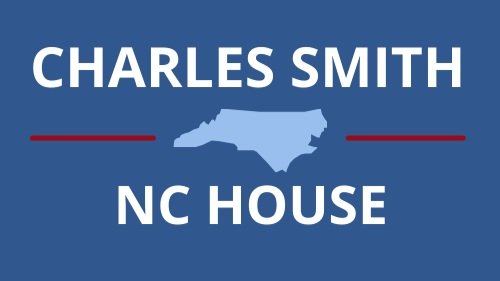Our Key 3
-
Every North Carolinian deserves access to affordable and quality Health Care. Even after the passage of the Affordable Care Act ("ACA"), there are hundreds of thousands of North Carolinians that cannot afford private health insurance, but also remain ineligible for Medicaid (the "coverage gap"). As such, North Carolina hospitals and emergency rooms are overcrowded and frequently required to provide significant amounts of uncompensated care each year to individuals that are in this coverage gap.
If Medicaid eligibility were expanded, two things would happen:
(1) There would be a significant decrease in the amount of uncompensated care that North Carolina hospitals are required to provide because the patients seen would be insured.
(2) Because they would be insured, in non-emergency situations, patients could be seen in the primary care setting and for preventative care, which would place less of a burden on hospitals/emergency rooms.
On the economic side, tax dollars from North Carolinians are being used to fund Medicaid expansion in other states. Our great state is missing out on federal dollars by rejecting Medicaid expansion.
-
We must identify and provide necessary resources to ensure that all children, specifically children of historically marginalized populations and those in rural or impoverished areas, have access to free and equitable education.
Currently, my wife is employed by Cumberland County Schools as a school counselor and each day I am reminded of the importance of our public school system and its employees in shaping our State's children.
Over recent years, state funding has diverted from traditional public schools to other options, which will only be accentuated with the expansion of the voucher program. While I can appreciate the value in school choice, I believe that we have to make a concerted effort to recruit and retain quality educators in our public schools. Currently, North Carolina ranks in the bottom half of the country in average teacher pay, and teachers in North Carolina make almost 25% less than similarly educated peers in other sectors. To provide every child with a sound, basic education, we must adequately fund our public schools.
-
By investing in the care and education of North Carolina’s youngest residents, we can achieve a positive impact on two generations, in the short and long term. In the short term, the State’s economy is stronger when parents are able earn sustainable wages knowing their children are safe while they work. Likewise, the children benefit from the care of adults who know how to properly support their development. In the long term, by investing in our State’s infants and toddlers, we are able to attain better educational outcomes and greater workforce readiness.
While investments in early care and education have a high return, they comprise a very small percentage of North Carolina’s state budget. Collectively, we have three primary early childhood programs: child care subsidy; Smart Start; and NC Pre-K. However, each year, these programs struggle with limited bandwidth compared to the needs of children and families.
At one time, North Carolina was a leader in early care and education policies, and it’s time to take the next step forward.
